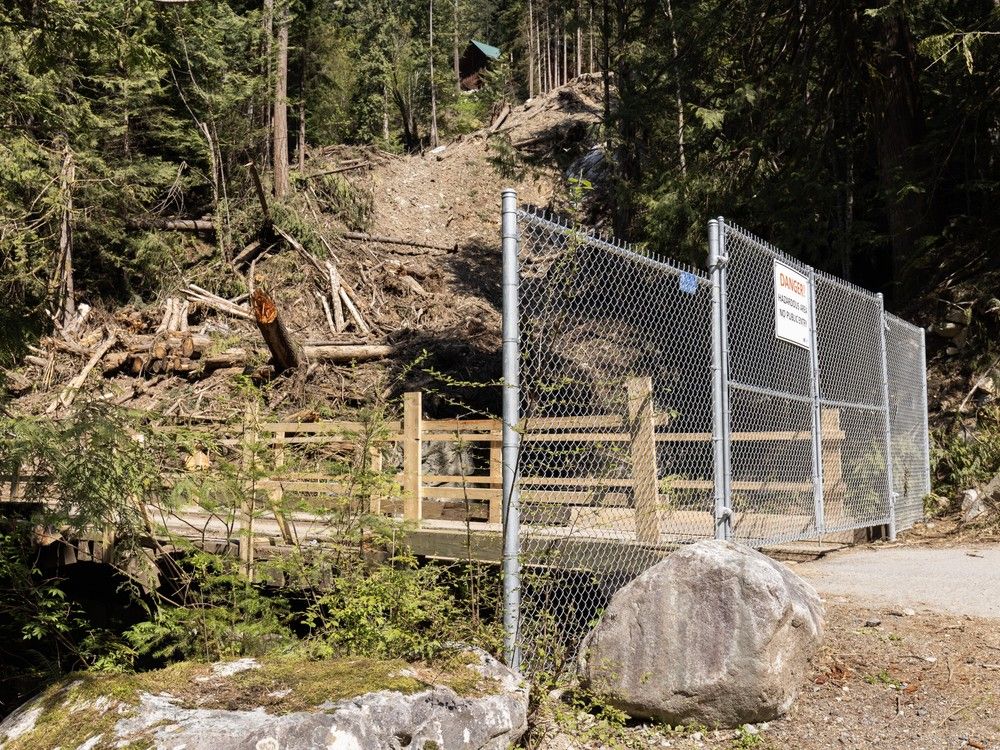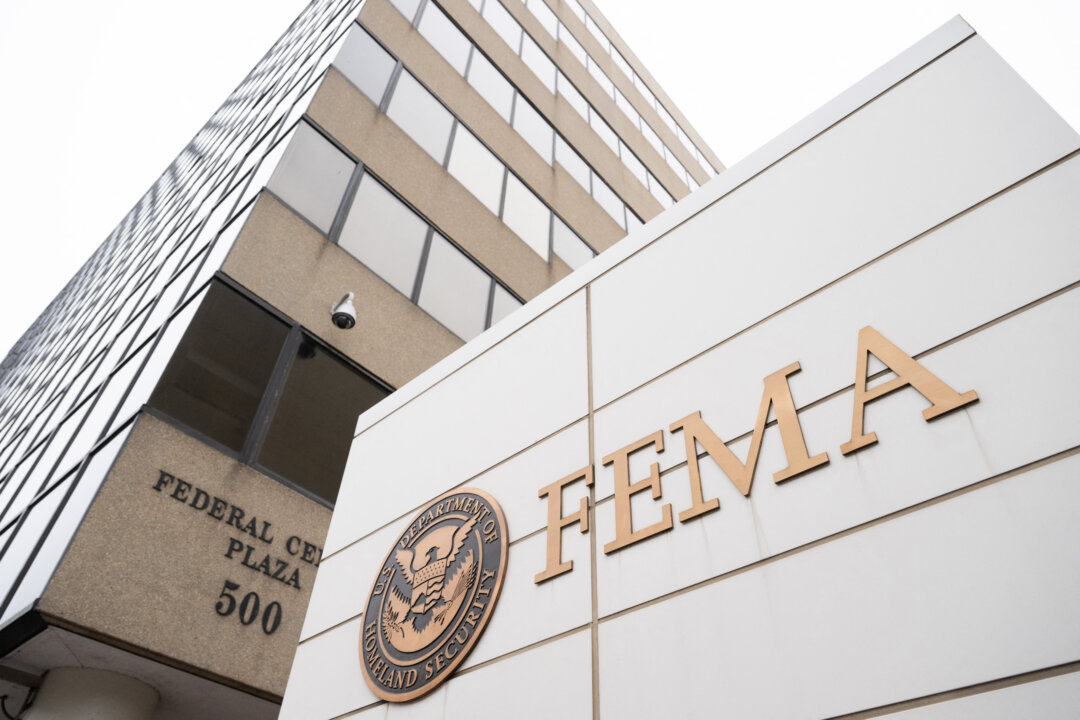A local state of emergency remains in place in Lions Bay four months after a deadly landslide so the municipality can complete a public safety study. The study, which has not been mentioned publicly by the Village of Lions Bay, is meant to “fully understand” the geotechnical stability and the risk of debris flow in the Battani Creek drainage area, which is where the landslide occurred, according to provincial officials. “This study will also provide a better understanding of the risk posed by the new alignment of Battani Creek caused by the December slide,” B.
C. Ministry of Emergency Management and Climate Readiness said in an email from senior public affairs officer Farah Tarannum. On Dec.

14 last year, David and Barbara Enns were killed when a debris flow carrying mud, rocks and trees cascaded about 750 metres down the Battani Creek ravine and swept away their house. The debris also hit the busy Sea to Sky Highway, which was shut down for nearly a day. Local states of emergency are often ended once immediate risks to property or life have passed, but are sometimes remain in place to continue the powers the emergency measure provides.
A local state of emergency remained in place for nearly two years in Lytton to give access to private property after a wildfire destroyed part of the town in 2021. And a local state of emergency was in place for nearly nine months in Abbotsford to maintain final evacuation orders for two properties due to the potential for a landslide after devastating flooding in November 2021 . Under changes introduced in 2023, the emergency measures can be renewed every two weeks, but must be approved by the province.
B.C. emergency management officials said they have approved Lions Bay’s extension requests based on the requirement for the village to access private property.
The province said it will reimburse the village for the cost of the public safety study and directed questions on more details and progress of the study to the village. In a brief written response to questions, Ross Blackwell, the village’s chief administrative officer, provided little information on the municipality’s reasons for extending the state of emergency. And Blackwell said he was not in a position to comment on the study, and did not respond to questions on its cost and whether the village had hired a consultant.
A review of the village’s regular and special council meeting agendas shows the study has not been a topic of discussion. However, the council has had several in-camera meetings since Dec. 14, in part to discuss issues related to the Battani Creek landslide.
Municipal councils can privately have discussions relating to items such as legal matters, human resources and property acquisition. At a council meeting at the end of March, Blackwell said he could not say much on an update on the Battani Creek slide. “The state of local emergency is still in place, and will continue to stay in place for the foreseeable future.
That’s all I can sort of discuss at this point,” he told councillors. Last week, the children of the Enns couple and two Lions Bay neighbours filed a suit in B.C.
Supreme Court against the B.C. government for negligence.
The plaintiffs are also suing the Village of Lions Bay and Steven Vestergaard, the man who built roads and a small reservoir high above the properties of the couple and their neighbours. The lawsuit claims the debris flow was “caused, or alternatively contributed to,” by the allegedly illegal construction of the roads and small reservoir on provincial land. None of the defendants has responded and the allegations have not been proven in court.
The neighbours’ two homes sit above the Enns’ destroyed property, along the banks of Battani Creek, and suffered some damage. The village has installed a locked gate at a bridge just below the properties of the Enns and the two neighbours. Blackwell said the gate is meant to keep “unauthorized curious” public away from an active work site and he did not know how long it would be in place.
B.C. Ministry of Emergency Management officials said they continue to work with Lions Bay in its response and recovery efforts, including providing dedicated provincial support staff, financial support and working with the village to establish a community recovery manager.
The tiny community, 30 kilometres north of Vancouver, has a population of 1,400. The province said it has provided about $950,000 so far to the village for services related to the debris flow and which covered items such as helicopter reconnaissance, debris removal, traffic control, security measures, incremental staffing costs, equipment rental, tree hazard assessments, initial geotechnical assessments and the deployment of heavy urban search and rescue crews. ghoekstra@postmedia.
com twitter.com/gordon_hoekstra RelatedB.C.
government sued by family, neighbours of Lions Bay landslide victimsDeadly Lions Bay slide raises questions: Are B.C. risks properly assessed and mitigated?.
Politics

Lions Bay state of emergency remains in place four months after deadly landslide

The emergency measure is meant to provide access to private property to allow the village to complete a public safety study, says the province.















